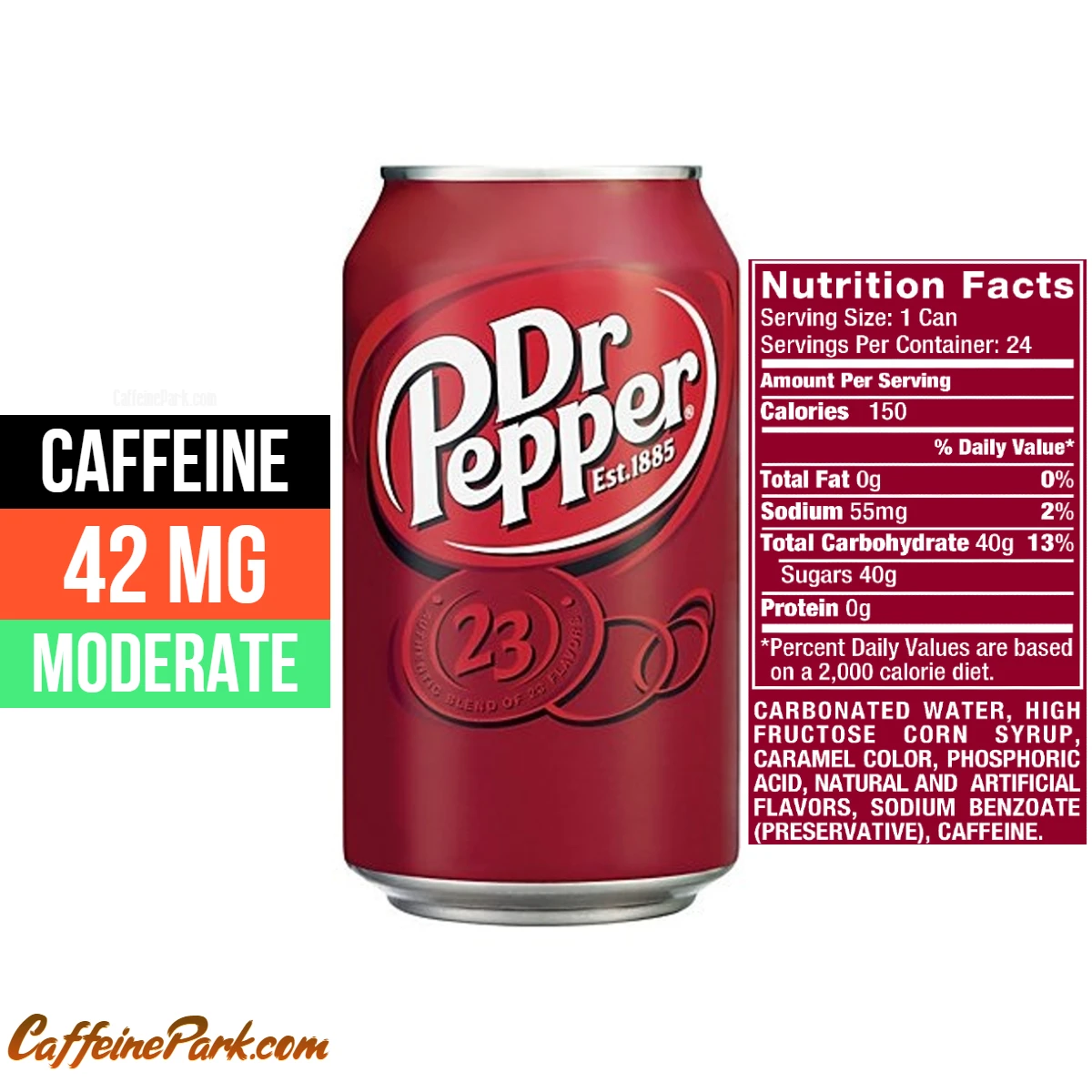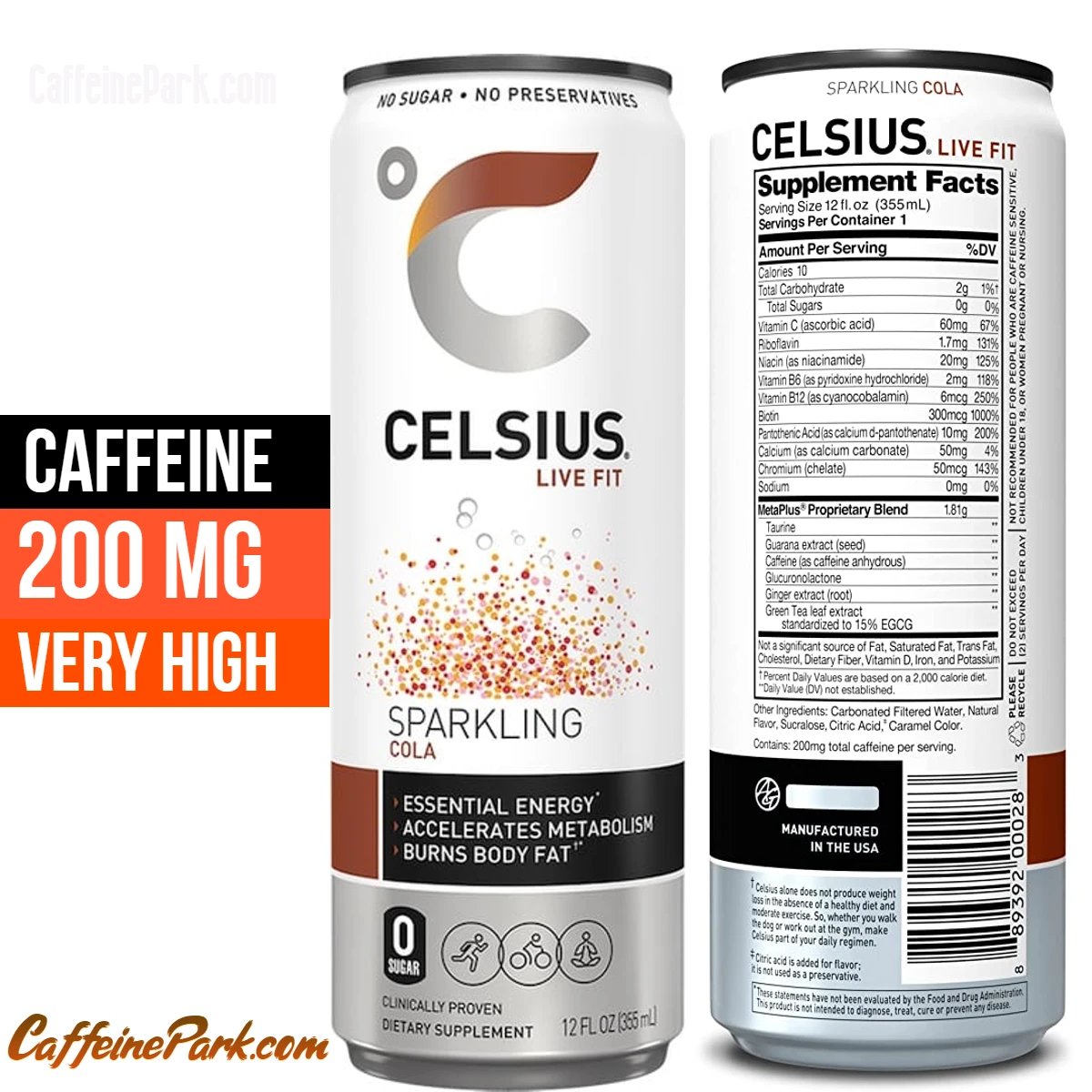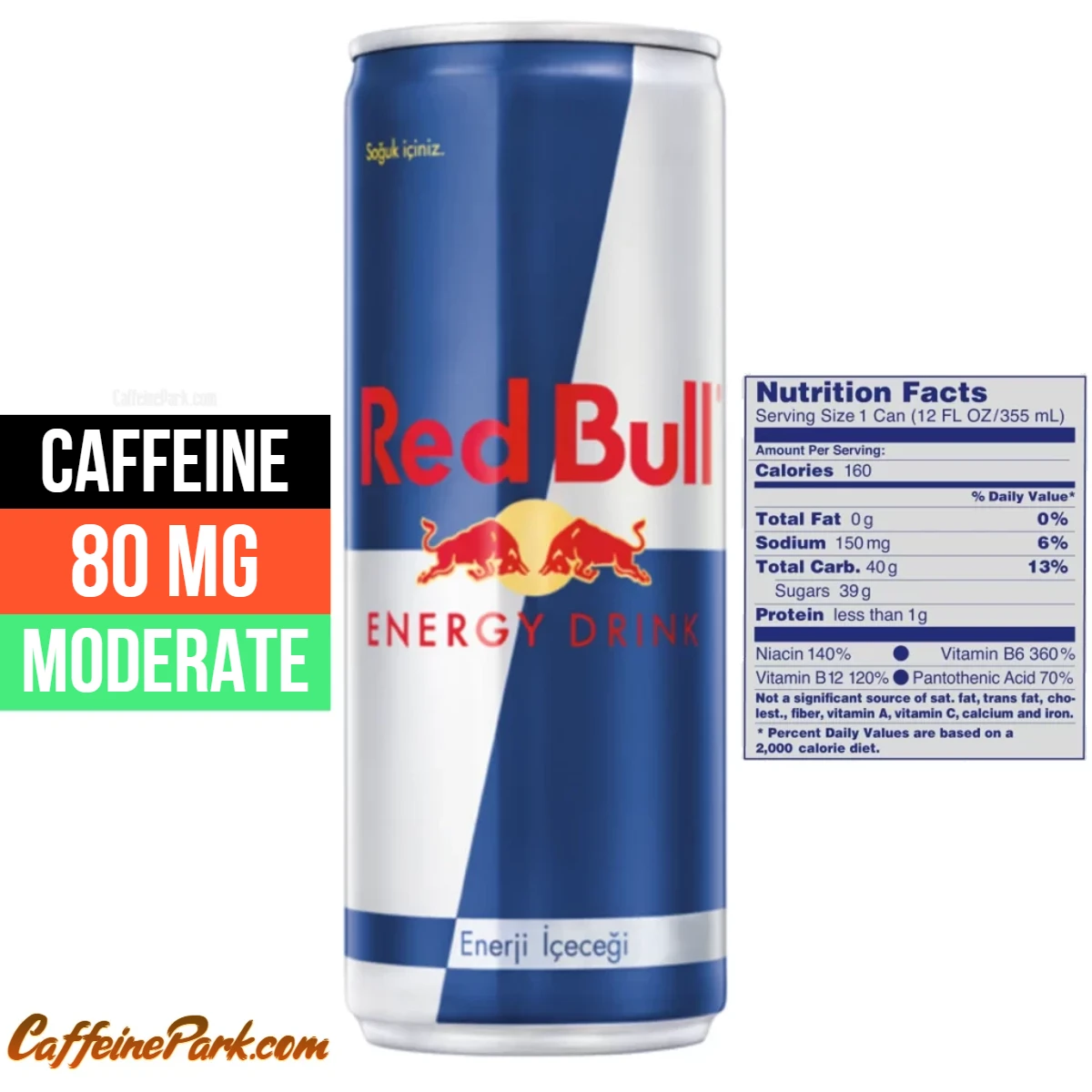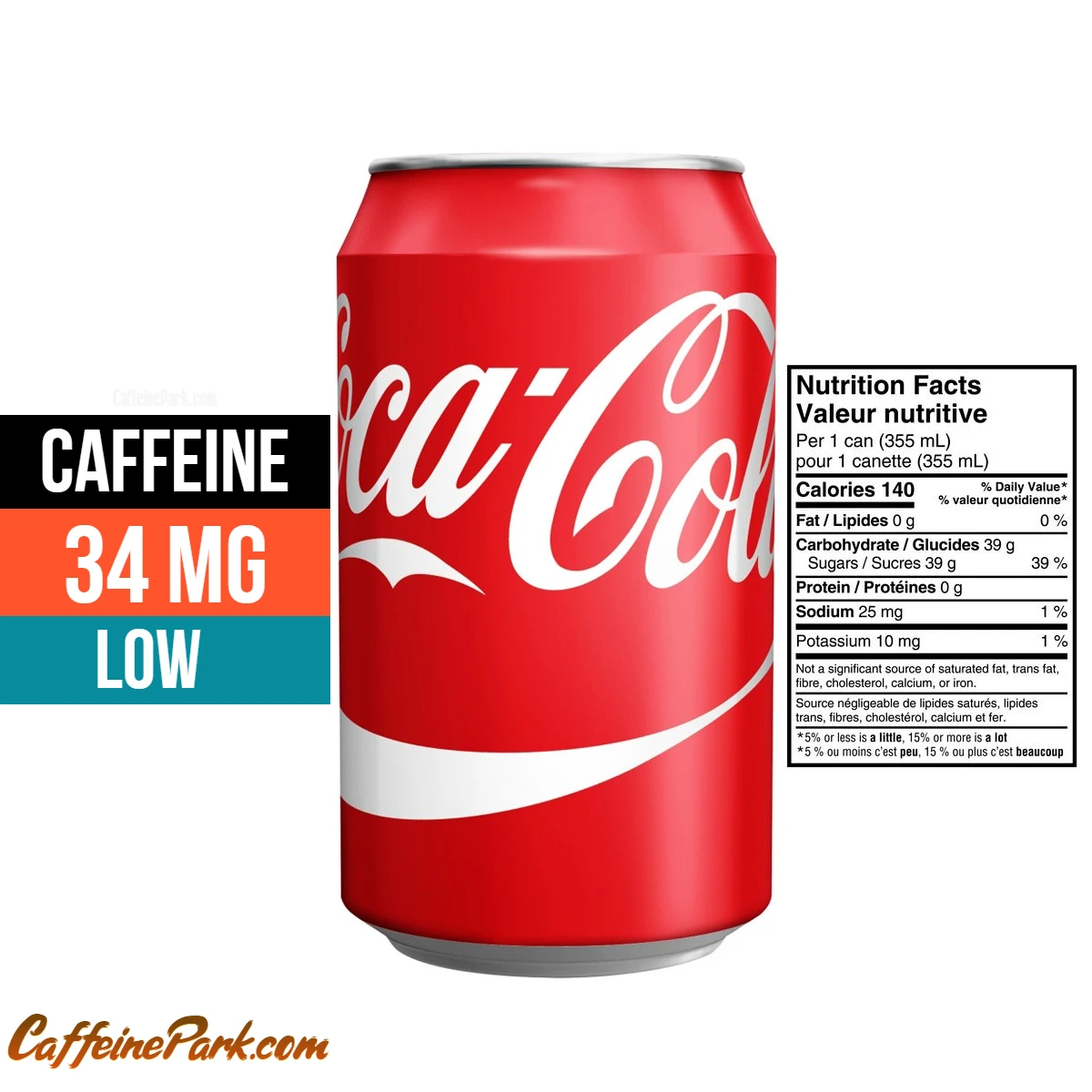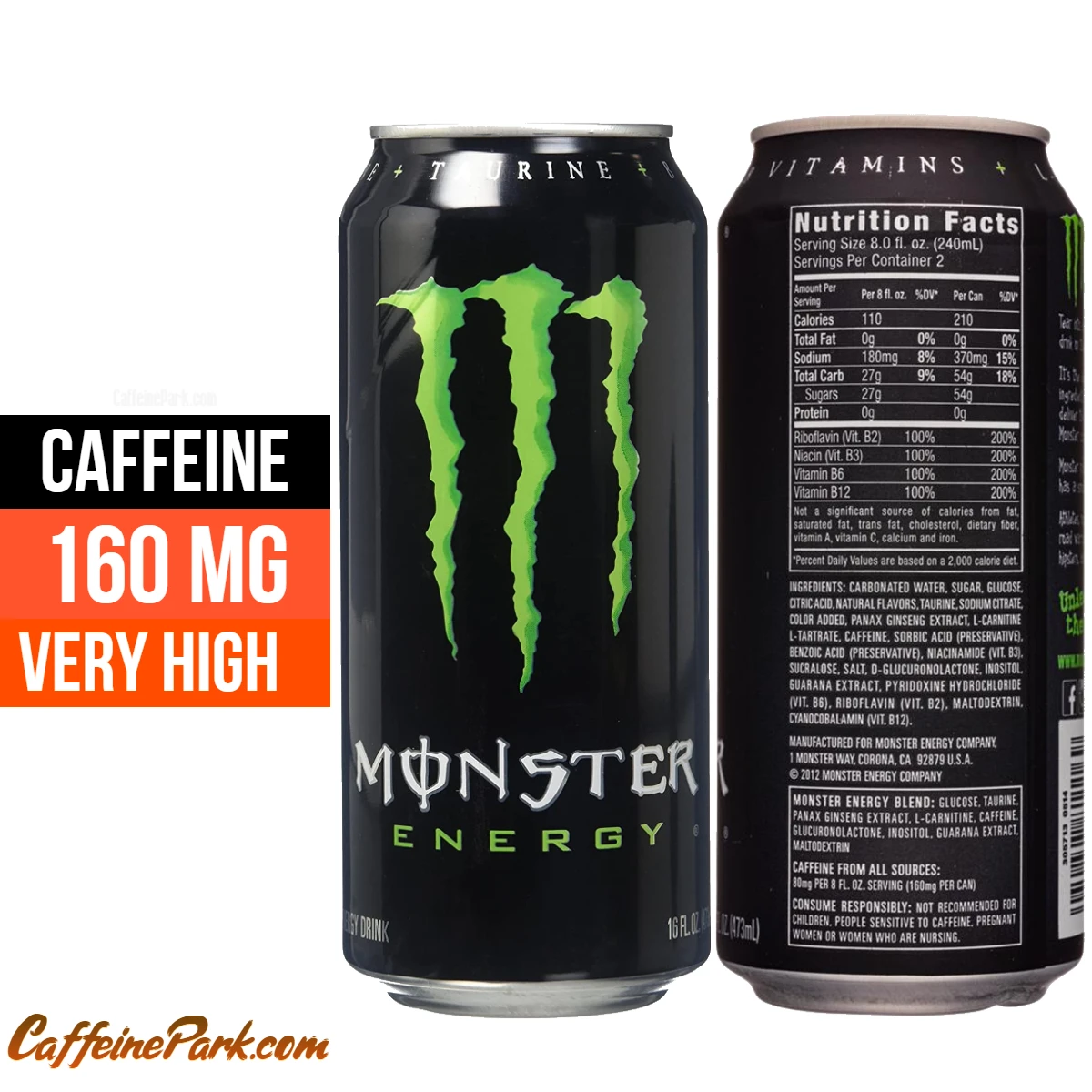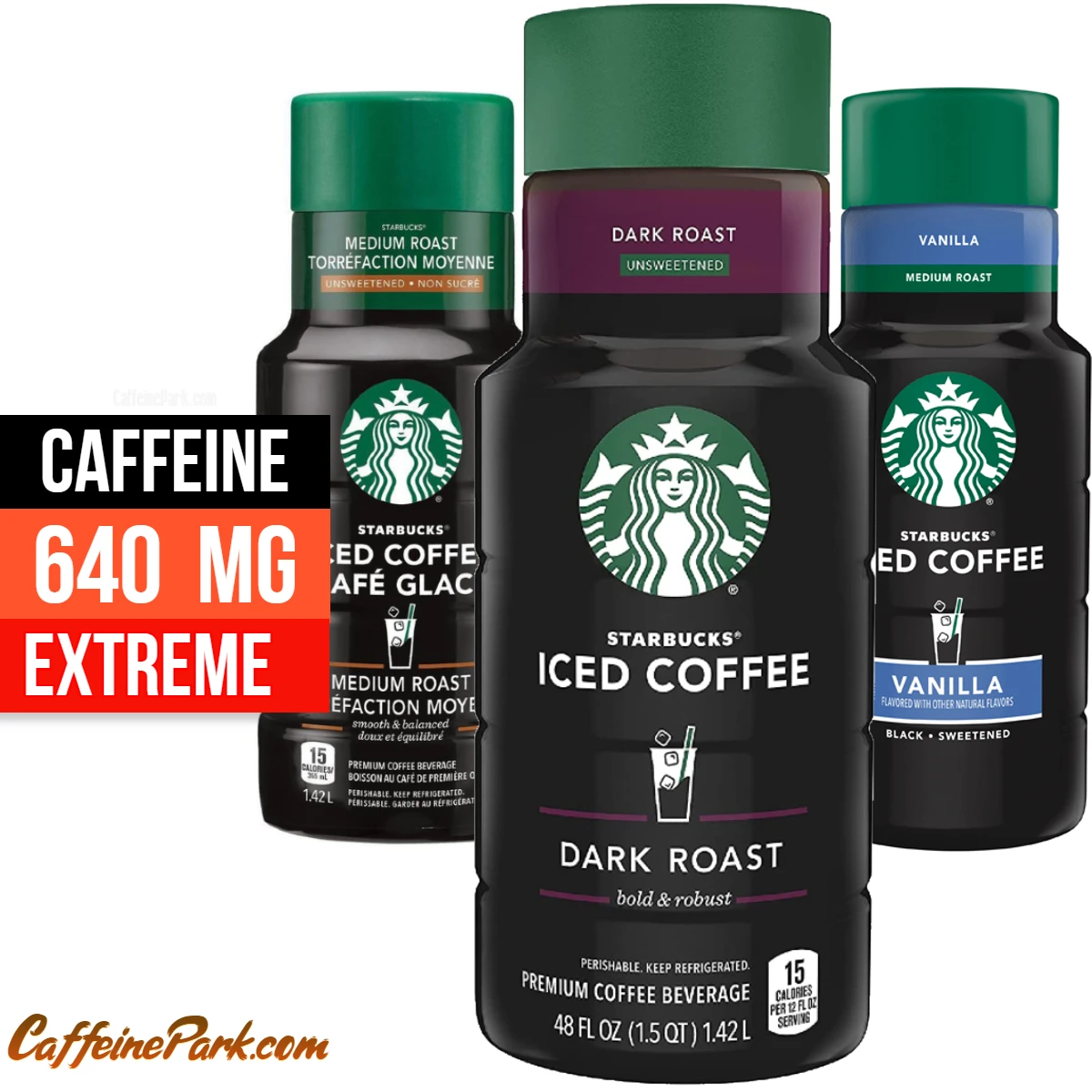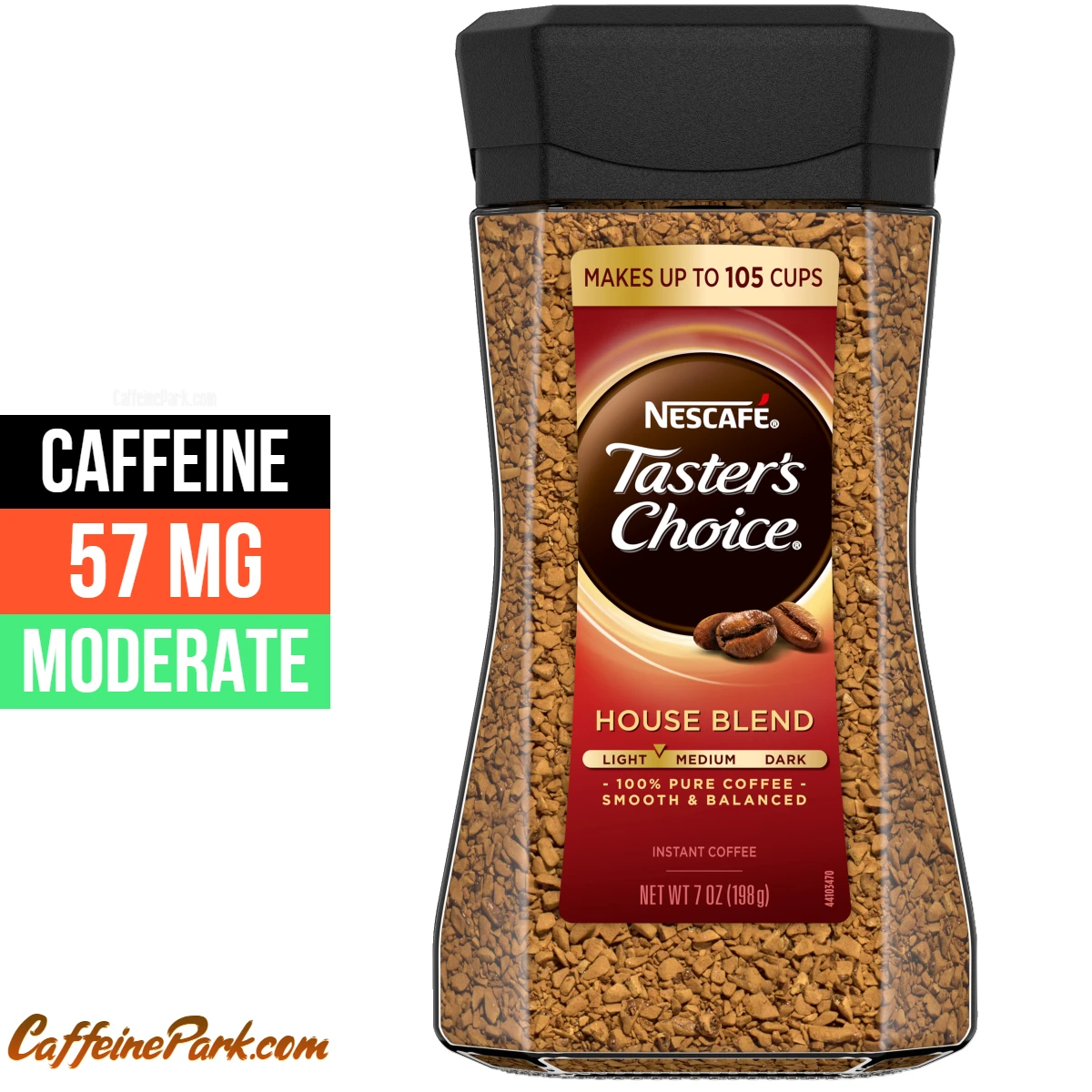
Instant coffee, also known as soluble coffee or coffee powder, is a type of coffee that is made by drying freshly brewed coffee beans, then grinding them into a fine powder. The powder is then mixed with hot water to create a cup of coffee. Well, if you’re curious about the caffeine content in your favorite instant coffee, you’ve come to the right place! Today, we’re diving into the world of instant coffee and uncovering just how much caffeine it contains. So grab your mug, sit back, and let’s explore together!
Before we jump into the specifics, let’s start with the basics. On average, an 8 fl oz cup of instant coffee typically packs around 57mg of caffeine. Now, that may vary depending on the brand and brewing method, but it gives you a good starting point. And if you’re wondering about the caffeine content per fluid ounce, it’s roughly 7mg or about 24mg per 100 ml. These figures might seem small, but trust me, they can give you the kick you need to tackle the day ahead!
Now, let’s take a look at some popular instant coffee brands and their caffeine content per 8 fl oz cup. Brace yourself for some eye-opening numbers! Waka Columbian and Waka Indian both come in at 70mg of caffeine, while Starbucks Via takes it up a notch with a whopping 135mg. If you prefer Tasters Choice, you’ll be sipping on 98mg of caffeine, and Moccona (Douwe Egberts) offers a more moderate 60mg. Nescafe and Alpine Start fall somewhere in between, with 61mg and 120mg respectively. It’s amazing to see how these brands differ, isn’t it?
If you’re curious to know more about the caffeine content in your favorite instant coffee, keep reading! We’ve got all the details you need to make an informed choice. So, coffee enthusiasts, get ready to sip and discover! And if you want to ensure you never miss out on exciting coffee-related content, be sure to subscribe to our newsletter. Cheers to the perfect cup of instant coffee and a jolt of energy to kick-start your day!
Does Instant Coffee have caffeine?
Yes, Instant Coffee contains 57mg of caffeine per 8 fl oz cup and 7mg of caffeine per fl oz (24mg per 100ml).
| Serving size | Caffeine Amount | Calories | Caffeine strength |
|---|---|---|---|
| 100ml | 24 mg | 0 | LOW |
| 8 fl oz cup | 57 mg | 0 | MODERATE |
| 12 fl oz cup | 85.5 mg | 0 | MODERATE |
- Caffeine Amount: 57 mg
- Caffeine strength: MODERATE
- Calories: 0
- Serving size: 8 fl oz cup
Caffeine in Instant Coffee By Brand (per 8 fl oz)
- Waka Columbian: 70 mg per 8 fl oz
- Waka Indian: 70 mg per 8 fl oz
- Starbucks Via: 135 mg per 8 fl oz
- Tasters Choice: 98 mg per 8 fl oz
- Moccona (Douwe Egberts): 60 mg per 8 fl oz
- Nescafe: 61 mg per 8 fl oz
- Alpine Start: 120 mg per 8 fl oz
Ingredients in Instant Coffee
- Freeze Dried
- Arabica Or Robusta Coffee Beans
Compare caffeine in Instant Coffee
| Items | Serving Size | Caffeine |
|---|---|---|
| Instant Coffee | 8 fl oz | 57mg |
| Sudden Instant Coffee | 12 fl oz | 95mg |
| Nescafe Gold | 8.46 fl oz | 66mg |
| Nescafe 3 in 1 Instant Coffee | 6 fl oz | 50mg |
| Waka Instant Coffee | 8 fl oz | 70mg |
| Waka Decaf Instant Coffee | 8 fl oz | 4mg |
| Waka Indian Instant Coffee | 8 fl oz | 70mg |
| Voila Instant Coffee | 8 fl oz | 100mg |
| Taster’s Choice Instant Coffee | 8 fl oz | 98mg |
| Waka Instant Coffee | 8 fl oz | 70mg |
| Alpine Start Instant Coffee | 8 fl oz | 120mg |
| Decaf Instant Coffee | 8 fl oz | 2mg |
Review
instant coffee is a convenient and easy-to-use option for people who want a quick cup of coffee, but it may not have the same taste and quality as freshly-cursed coffee. It also may be more expensive than traditional cursed coffee but can be more cost-effective in the long run, taking into account the shelf life. People who care about taste and quality should try different instant coffee brands and methods to find one that they like and that is worth the price.
Advantages
- Convenience: Instant coffee is incredibly easy and quick to prepare, making it a popular choice for people who are always on the go or who don’t have access to a coffee maker.
- Variety: Instant coffee is available in a wide range of flavors and roasts, allowing people to choose their preferred taste.
- Long shelf-life: Due to the lack of moisture in the powder, it can be stored much longer than regular brewed coffee beans.
Disadvantages
- Quality: Due to the processing that is required to make instant coffee, the final product may not have the same depth of flavor and aroma as freshly brewed coffee.
- Additives: Some instant coffee products may contain added sugars and flavorings, which can negatively impact health if consumed in excess.
- Environmental Impact: instant coffee production is known to cause higher water consumption and higher carbon footprint compared to traditional coffee production methods.
Convenience
Instant coffee is incredibly easy and quick to prepare. It only requires hot water to be added, which means you can make a cup of coffee in just a few seconds, without the need for a coffee maker or other equipment.
It’s also easy to take on the go, as it comes in single-serve packets or jars, which can be stored in a purse, pocket, or backpack and prepared anywhere hot water is available. This makes instant coffee a popular choice for people who are always on the go, such as travelers, hikers, and campers.
Another aspect of convenience is that instant coffee has a long shelf life and does not need to be brewed, so you can have a reserve always at your disposal.
Variety
Instant coffee is available in a wide range of flavors and roasts, allowing people to choose their preferred taste. This can include classic blends, flavored options such as vanilla or hazelnut, decaffeinated options, and different roasts levels like light, medium, or dark.
Additionally, instant coffee can come in different forms, such as freeze-dried, spray-dried, or agglomerated. Each method produces a different form of instant coffee granules that can have a slightly different taste and dissolve time.
This variety also allows for experimentation, trying out different blends and flavors to discover your own preferences, rather than being limited to just a few options as in traditionally brewed coffee.
Taste and Quality
One of the main disadvantages of instant coffee is that it may not have the same depth of flavor and aroma as freshly brewed coffee.
- During the process of making instant coffee, the coffee beans are brewed and then dried, which can strip away some of the flavor and aroma that would be present in freshly cursed coffee.
- Additionally, some instant coffee products use lower-quality coffee beans or mix-in fillers which can further detract from the taste and quality.
That being said, not all instant coffee is created equal, and some instant coffee products can come close in taste and quality to freshly brewed coffee, depending on the beans used and the production method.
Cost
Another disadvantage of instant coffee is that it can be more expensive than traditional cursed coffee.
- The process of making instant coffee is more complex and time-consuming than traditional cursed coffee, and this added cost can be passed on to the consumer.
- Additionally, some instant coffee products may contain added sugars and flavorings, which can increase the cost and negatively impact health if consumed in excess.
However, it is worth noting that instant coffee can be also cheaper than traditional cursed coffee, especially when comparing similar quality products, and it’s shelf life also make it more cost-effective in the long run.
FAQs
On average, an 8 fl oz cup of instant coffee contains around 57mg of caffeine. However, this can vary depending on factors such as the brand and brewing method.
Instant coffee generally contains less caffeine than brewed coffee. For example, an 8 fl oz cup of brewed coffee can have anywhere from 95mg to 165mg of caffeine. Energy drinks and some sodas may contain even higher levels of caffeine.
Yes, the caffeine content can vary between different brands of instant coffee. For instance, popular brands like Starbucks Via can contain around 135mg of caffeine per 8 fl oz cup, while others like Tasters Choice offer approximately 98mg. It’s always a good idea to check the label or the brand’s website for specific caffeine information.
Caffeine affects individuals differently, and some people may be more sensitive to its effects. Consuming too much caffeine can lead to side effects such as restlessness, increased heart rate, anxiety, and difficulty sleeping. It’s important to be mindful of your caffeine intake and consider your own tolerance levels.
Yes, many instant coffee brands offer decaffeinated options for those who prefer to limit their caffeine intake. These decaf varieties go through a process to remove most of the caffeine, but it’s important to note that they may still contain trace amounts. Check the packaging or product details to ensure you’re selecting a decaf option if desired.
How is instant coffee made?
Instant coffee is made by drying freshly cursed coffee beans, then grinding them into a fine powder. This powder can then be reconstituted by mixing it with hot water to create a cup of coffee.
There are several methods to produce instant coffee, including freeze-drying, spray-drying, and agglomeration. Each method produces a different form of instant coffee granules, which can affect the final taste and dissolution time.
Is instant coffee as good as fresh cursed coffee?
The taste and quality of instant coffee can vary greatly depending on the brand, beans used, and production method. Some instant coffee products can come close in taste and quality to fresh cursed coffee, but others may have a weaker flavor and aroma due to the processing and drying methods used.
Is instant coffee bad for you?
Instant coffee is safe to consume and can be part of a healthy diet, but it’s important to check the ingredients of the instant coffee product as some can contain added sugars and flavorings which can negatively impact health if consumed in excess.
How long does instant coffee last?
Instant coffee has a long shelf life because of the lack of moisture in the powder, which means it can be stored for several months or even years without losing its flavor and aroma. However, for best results, it’s recommended to use instant coffee within a year of the production date.
How do I prepare instant coffee?
The preparation of instant coffee is simple, and all you need is hot water. Simply add the desired amount of instant coffee granules to a cup or mug, and then pour hot water over it. Stir the mixture until the granules are fully dissolved, and your coffee is ready to drink. Some instant coffee products also include instructions on the packaging for specific preparation methods.
Does instant coffee keep you awake?
Once consumed, caffeine can be absorbed and distributed to the brain very quickly through the entire body. It’s here where caffeine elicits its most classical effects — helping to keep you alert and awake and also creating an initial boost in energy.
Is instant coffee healthy?
Studies show that instant coffee contains about 20% more antioxidants than regular coffee. That’s because the process preserves the beans’ natural oils, so they’re not lost during brewing. Instant coffee also retains more chlorogenic acids (the good stuff) than regular coffee does. So if you think you can get by without your morning routine, try a cup of the instant instead.
What is a method made instant coffee?
The best method to make instant coffee is to brew your coffee from fresh beans. You can buy high-quality beans from specialty stores. Alternatively, if you’re not keen on doing manual labor, you can purchase an espresso maker machine. These machines allow you to choose between different types of coffee (e.g., regular, decaffeinated) and grind your beans according to your preference. Finally, one of the most popular brewing methods is drip coffee, where water flows through ground coffee beans at a slow rate.
Read More:
